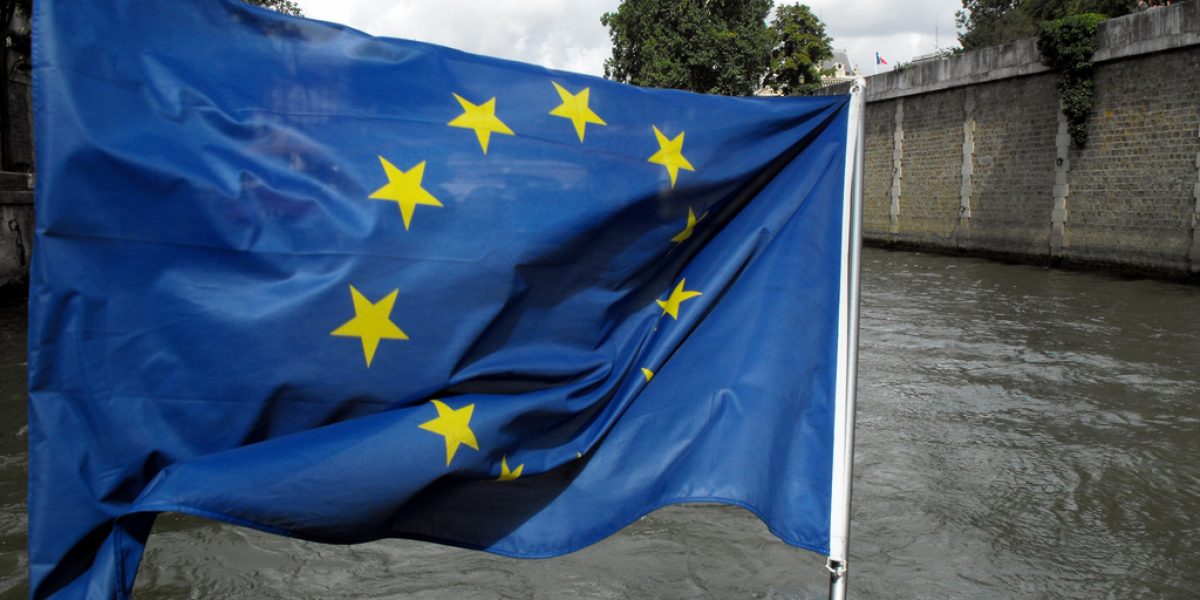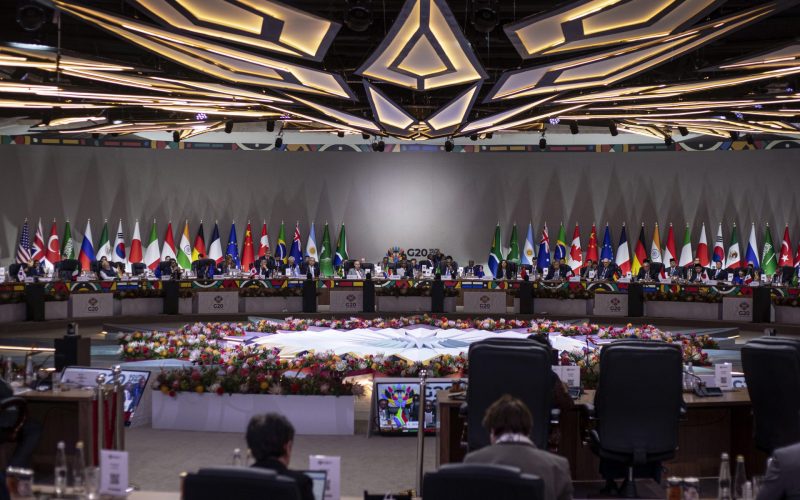Ongoing conflict in Darfur, Sudan and the crisis in Zimbabwe were high on the agenda of the 1st EU-South Africa summit held in July last year in Bordeaux, France, under the auspices of presidents Sarkozy and Mbeki. These issues were raised again this year at the 2nd EU-South Africa summit held in Cape Town on 11 September. At an academic forum held on the fringes of this summit, the question was asked whether the Zuma presidency has brought about a closer alignment of views with the EU on these most divisive cases in Africa. Are South Africa and the EU speaking the same language when it comes to peace and security in Africa?
The continuation of EU sanctions against Zimbabwe and the International Criminal Court indictment of Sudanese President Omar al-Bashir cut to the heart of the debate about international humanitarian intervention versus non-interference principles in Africa. South Africa played a leading role in building the African Union into an organisation with the political will and institutional capacity to intervene militarily to prevent human rights violations of the kind being perpetrated in Darfur, and to implement sanctions when breaches of democracy occurred. When the AU heads of state backpedalled in their support for the ICC in July this year, it was encouraging that the South African government clarified its legal obligations to the court. President Zuma is supporting change in Zimbabwe, although he and the EU may not agree that the pace of change has been fast enough for the lifting of sanctions.
South Africa’s past commitment to the AU explains how peace and security in Africa came to be a pivotal aspect of the EU-South Africa strategic partnership. The Mbeki presidency placed conflict resolution in Africa at the centre of South African foreign policy. He also placed foreign policy at the centre of the South African government’s attention. The new Ministry of International Relations and Cooperation has said it will uphold this commitment. To paraphrase statements by the Minister and deputy ministers on several occasions this year: South African foreign policy will be an extension of the government’s domestic priorities.
This may be intended to end speculation that domestic priorities come first for Zuma’s government. But if the domestic priorities are poverty alleviation and job creation, how can the government avoid spending less on peace missions abroad to spend more on education, health and other social spending in South Africa?
On one level, trilateral partnership between the EU, South Africa and other African countries is about material resources. How much money can and should the EU and South Africa be committing to peace support operations in Africa? The EU has provided generous support to the African Peace Facility, which lessoned the burden on South African and other African military budgets. Developing a predictable and sustainable funding mechanism for African-led peace missions remains an important area for dialogue in the EU-South Africa strategic partnership. This would enable South Africa to continue the peacekeeping operations that are in the long-term interests of all Africans and South Africans alike. At the same time, it would free resources to be spent on our own pressing domestic needs.
At another level, partnership is about the sharing of ideas. A belief in building regional solidarity, unity and caring for people across state borders is an idea the EU and South Africa could build their strategic relationship upon.








